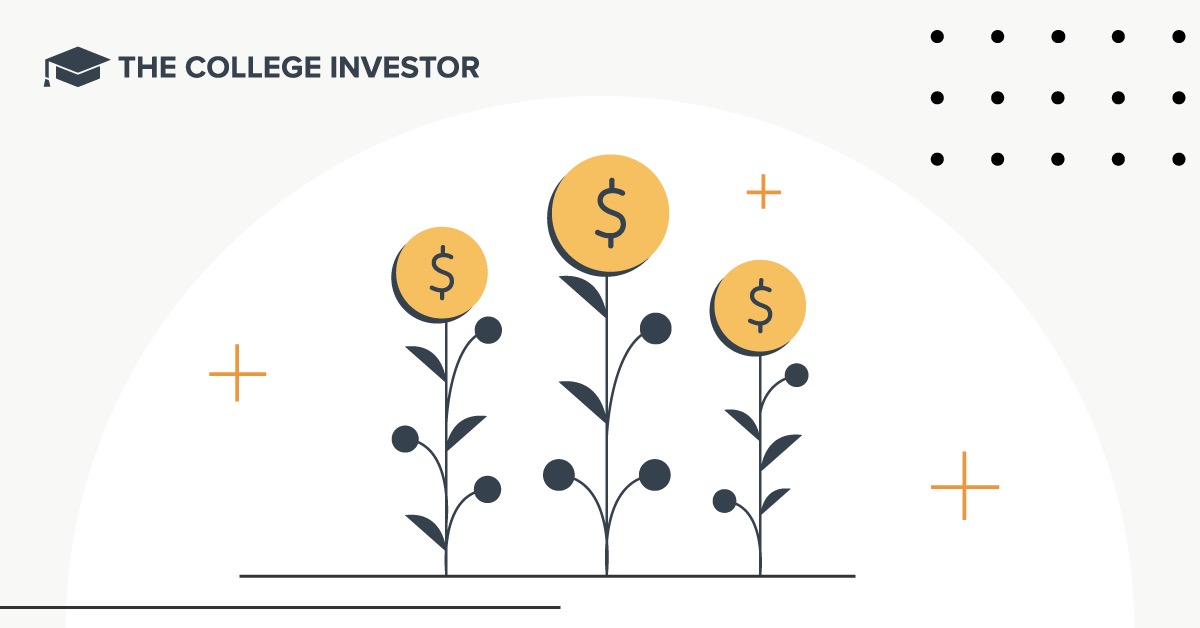Is There Such A Thing As A Guaranteed Return On Investment?


We live in a world of unprecedented consumer guarantees. When you buy a t-shirt online, you expect to be able to return the shirt if it doesn’t suit you.
If your pineapple from Aldi turns out to be rotten, you can get your money back and get a new pineapple for free.
We’re used to guarantees that protect us from all kinds of minor financial setbacks. Unfortunately, guarantees don’t work the same way when it comes to investing.
If you expect a guaranteed return on your investment, your portfolio could end up underperforming (or even worse, you fall victim to an investment scam). Here’s what you need to know about guarantees when it comes to your investments.
A guaranteed return on investment is the fixed rate of return that you can count on when you invest in a particular product. Most investment products involve risk. It’s rare to find an investment product that is certain to rise over time.
For a long time, many investors believed that real estate would never fall in value. But the housing market crash of 2008-2009 taught them otherwise. Real estate doesn’t offer guaranteed returns year after year.
Stocks are another investment with a high degree of volatility. The stock market isn’t a high-yield savings account. Stocks could be up 25% one year, and down 30% the next. It’s true that stocks will outperform safe investments over the long term but in the short term, anything can happen.
For the most part, bonds offer lower returns in exchange for lower volatility. When you take out a bond, the borrower is guaranteeing that they will pay a set interest rate in exchange for borrowing your money. However, bonds typically don’t offer guarantees. Businesses and governments that borrow your money may default on their loans. That could mean that you lose money.
Most investments don’t offer a guaranteed return on investment, but a few investment products do. They include but aren’t limited to the following:
Note: Savings accounts don’t offer a guaranteed return on investment (as the interest rate can go up and down), but your money is protected by the FDIC if you remain in the limits – meaning you can’t lose money.
Many investment salespeople (including many who call themselves financial advisors) use aggressive marketing techniques to get you to believe that they are offering a product with unique guaranteed returns.
The worst offenders are often advisors selling whole life insurance products. Whole life insurance products build up cash value over time (as you make premium payments). The cash value in the account never goes down, and in some conditions, it goes up. Therefore, whole life insurance products offer a guaranteed rate of return of at least 0%.
If a guaranteed 0% rate of return sounds bad, it should. But the marketers behind Compound Interest Accounts and other related whole life insurance products do a lot of complex math to make you believe that the guarantee is better than it really is. For most people, term life insurance is the better option.
Another place where the term, “guaranteed return”, is used is with crowdfunded online loans. Agricultural loans, real estate loans, and other crowdfunding business loans don’t offer guarantees, and the borrower could go out of business or fail to make timely payments. In fact, we’ve been seeing this more and more recently.
Even a company that has always paid its investors may fail to make a payment during a cash crunch. Lending money to a company always includes risk. Don’t believe the slippery language that makes the return more guaranteed than it really is.
All things being equal (including the returns on investment), it would be better to choose an investment with a guaranteed return than one without. But most guaranteed investments don’t offer returns that beat inflation.
To grow wealth over the long term, you’re investment returns will need to stay ahead of inflation, and that means investing in some riskier assets. However, by paying attention to your asset allocation and building a diversified portfolio, you can protect against downturns. That said, even a diversified portfolio can lose value during tough market conditions.
With a long-term mindset, you can be prepared to stick with their investment plan even during down years. By remaining invested during a downturn (and even buying more during the down market), you are likely to become a successful investor over many decades. Those who panic during downturns and move everything to guaranteed investments are likely to lose money to inflation over the long term.

Student loans often follow borrowers for years, sometimes decades. Even people who fully understand how much they borrowed can feel...

It was a busy week for RIA aggregators. There were a few large moves, including $235 billion multi-family office Cresset...

Blog Posts Archives UnfavoriteFavorite February 27, 2026 Weave: The Social Fabric Project Subscribe to Weave’s Newsletter This story was originally...